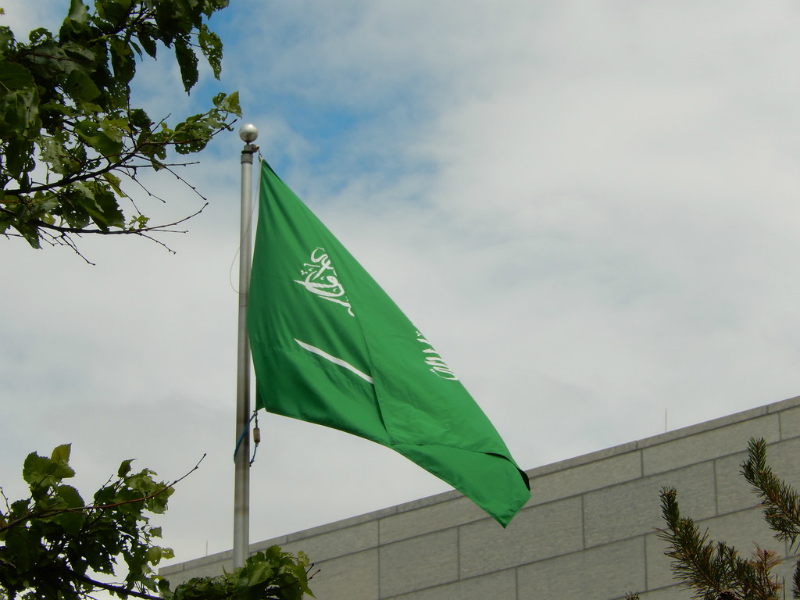Over the same period last month, two stories made headlines: renegade MP Maxime Bernier’s controversial criticism of multiculturalism and Saudi Arabia’s bizarre diplomatic tirade in response to Foreign Affairs Minister Chrystia Freeland’s tweeted concern about arrested human rights activists. Although these news items are factually unrelated, they are thematically linked.
The absence of some form of multiculturalism policy in the patriarchal kingdom of Saudi Arabia is a reflection of, and a contributor to, fundamental insecurity on the part of the state. This may help explain its overreaction to the reasonable criticism that was levelled against it by a country with which it has traditionally maintained a cordial and strategic relationship.
A prescriptive multiculturalism policy (distinct from using the term “multicultural” only to describe a country’s demographics) represents the idea that political integration need not be synonymous with cultural or religious homogenization. The multicultural state strives to respect the ethnic, cultural, linguistic and religious identity of each member of society and ensures that they are protected from discrimination and enjoy equal citizenship.
While Bernier is well within his rights to launch a debate about the appropriate parameters, Canada’s multiculturalism is, on balance, praiseworthy. Political philosopher Will Kymlicka cleverly noted that although Canadians are not distinctive in having a diverse society, they “are distinctive in the way that they have incorporated Canada’s policy of accommodating diversity into their sense of national identity.”
The severity of Saudi laws regarding religious minorities, human rights activists and women, on the other hand, far exceeds words like “intolerance” and “racism,” which have sometimes been used carelessly in Canada’s recent domestic discourse on immigration. The Saudis demand a purity of religious culture that is virtually incomparable around the world.
Riyadh’s need to control and subjugate its population, and to withhold basic freedoms from large swaths of its people, highlights its belief that the state would be more vulnerable if all its residents were treated fairly. Ironically, there is evidence to suggest that minorities who feel valued by the state are less likely to challenge its authority or threaten its territorial integrity. By failing to adopt some sort of multiculturalism policy, the Saudi government further weakens itself internally by creating more enemies in its midst. There are variations of what this policy could look like; it would need to take into account Middle East dynamics and a real need for Saudi Arabia to be a buffer against Iranian hegemonic ambition.
What was intended as a show of strength by breaking off diplomatic ties with Canada, suspending future trade, selling off its Canadian assets and pulling its students from Canadian schools, is instead a sign of Saudi Arabia’s vulnerability to the impact of human rights critiques – in both the domestic and foreign arenas. Perhaps to compensate for its lack of confidence, Saudi Arabia weaponizes its substantial wealth and foreign investments to wield power on the world stage – effectively acting like a bully on an international playground.
More troubling than the actions of the Saudi bully was the U.S. response: “We are aware of (the) government of Saudi Arabia’s statement recalling the Saudi ambassador to Canada and expelling Canada’s ambassador. Canada and Saudi Arabia are both close allies of the United States.” Presenting Canada and Saudi Arabia as allies of equal standing reeks of the evenhandedness that’s too often employed against the democratic state of Israel, in its conflict with terrorists, which the Trump administration has rightly opposed at the UN.
READ: SAPERIA: MUM’S THE WORD ON DANFORTH AVENUE
Canada should reconsider forging major economic ties with Saudi Arabia, a country that is willing to inflict great damage on its partners, in order to stifle criticism. And, at the risk of sounding facile, Riyadh should take a lesson from multicultural Canada: in order to achieve stability and maintain power over your people, respect their individual identities, foster a healthy national identity and set them free.
